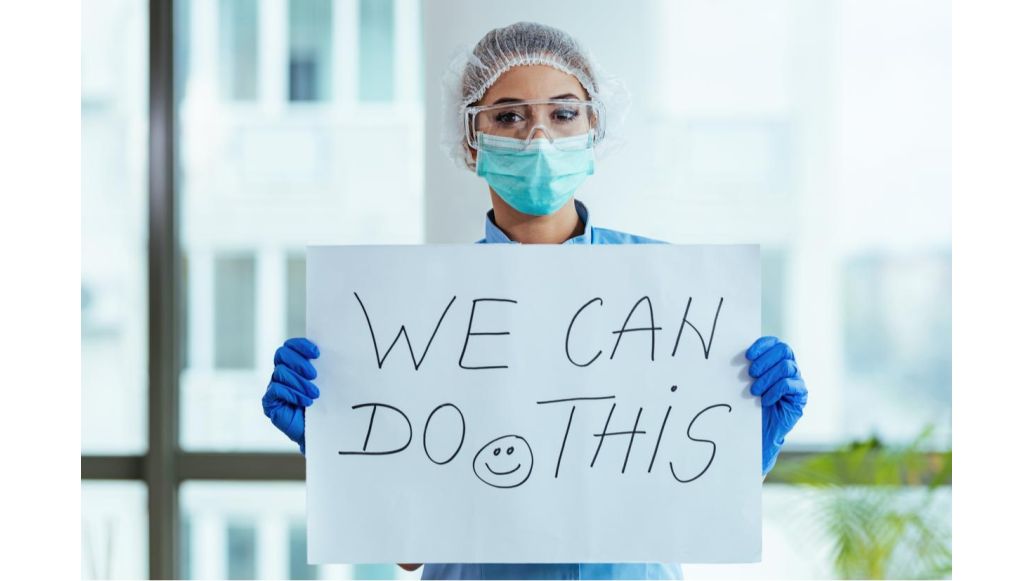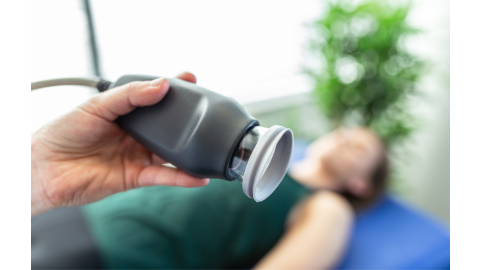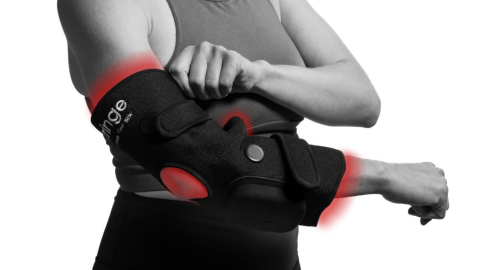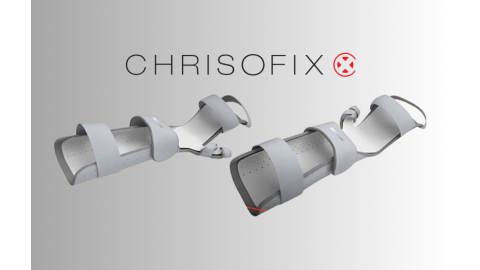For medical professionals, the physical health risks involved with doing their jobs during this pandemic are obvious. Even health care workers that do not work directly with COVID-19 patients are at a higher risk than most to contract the disease. But something that must not be overlooked is the mental toll the pandemic has taken on these dedicated healthcare workers. Self care must be a priority and these tips can get you started!
How the Pandemic Has Impacted the Mental Health of Healthcare Workers
Medical professionals already had a higher rate of depression and anxiety, even before the pandemic. And the rates of them struggling with mental health have only increased due to the lack of proper personal protective equipment, fear of putting the health of their families and themselves at risk, separation form loved ones, witnessing suffering, making life and death decisions, exhaustion, and more. If you feel overwhelmed, anxious, or sad, you are not alone.
Get immediate help in a crisis by calling 911, the National Suicide Prevention Hotline 1-800-273-TALK (8255) for English, 1-888-628-9454 for Spanish. To find a healthcare provider or treatment call the National Substance Abuse and Mental Health Hotline 1-800-662-HELP (4357).
4 Self-Care Tips for Healthcare Workers
For healthcare personnel, here are a few helpful ways to cope with and improve some potential struggles with mental health. However, it is important that you also know where to turn to if you need professional help. Find out if your team has a mental health plan and professional support to work with.
1. Be Open & Honest
Talk with others on your team about how this pandemic has been affecting your work and your personal life. Trade any thoughts and solutions anyone has found to common issues. If needed, seek out a counselor or therapist to talk to.
2. Care of Your Physical Health
As best you can with your current schedule, make time for exercise, eating healthy meals and snacks, and getting sufficient sleep. On your breaks try to get outside, rest, or stretch. If you feel you may be abusing alcohol or other drugs, seek professional help.
Start improving your physical health now by checking out these articles on:
- How to find time to exercise
- Resistance band exercise ideas
- Food to eat for a heart healthy diet
- Superfoods to incorporate into your meals
- The best pillows for back pain relief when sleeping
3. Take Breaks from the News
While staying informed is important, it is easy to get bogged by constant COVID-19 updates. Try to find a balance between being up to date daily and taking breaks from the never-ending news cycle. This may include taking certain amounts of time off social media as well.
4. Appreciate Yourself
As your workload has increased, you may feel like there is an impossible amount of work to do. Remember that you have a critical role in fighting this pandemic and are working hard with the resources you have. Accept the parts of this situation you cannot change. And remember to take the time for self-care.
Get ideas on activities for self-care in these articles on:
- Self care for nurses at home and at work
- The benefits of essential oils
- New Year’s resolutions for wellness, not weightloss
- 7 ways to reduce your stress
If these or any other techniques help you, pass them along to colleagues and friends. Thank you, healthcare workers, for all that you have done during this difficult time.
References
- Gavin, K. (2020, June 22). This Spring They Were Heroes, But Summer May be Cruel for Health Professionals. University of Michigan Health Lab. Retrieved November 11, 2020, from https://bit.ly/38BVPp7
- Healthcare Personnel and First Responders: How to Cope with Stress and Build Resilience During the COVID-19 Pandemic. (2020, May 5). Centers for Disease Control and Prevention. Retrieved November 11, 2020, from https://bit.ly/3kucyNx
- Health Care Workers: COVID-19. (n.d.). Minnesota Department of Health. Retrieved November 11, 2020, from https://bit.ly/36v52go
Medical Disclaimer: The information provided on this site, including text, graphics, images and other material, are for informational purposes only and are not intended to substitute for professional medical advice, diagnosis or treatment. Always seek the advice of your physician or other healthcare professional with any questions or concerns you may have regarding your condition.

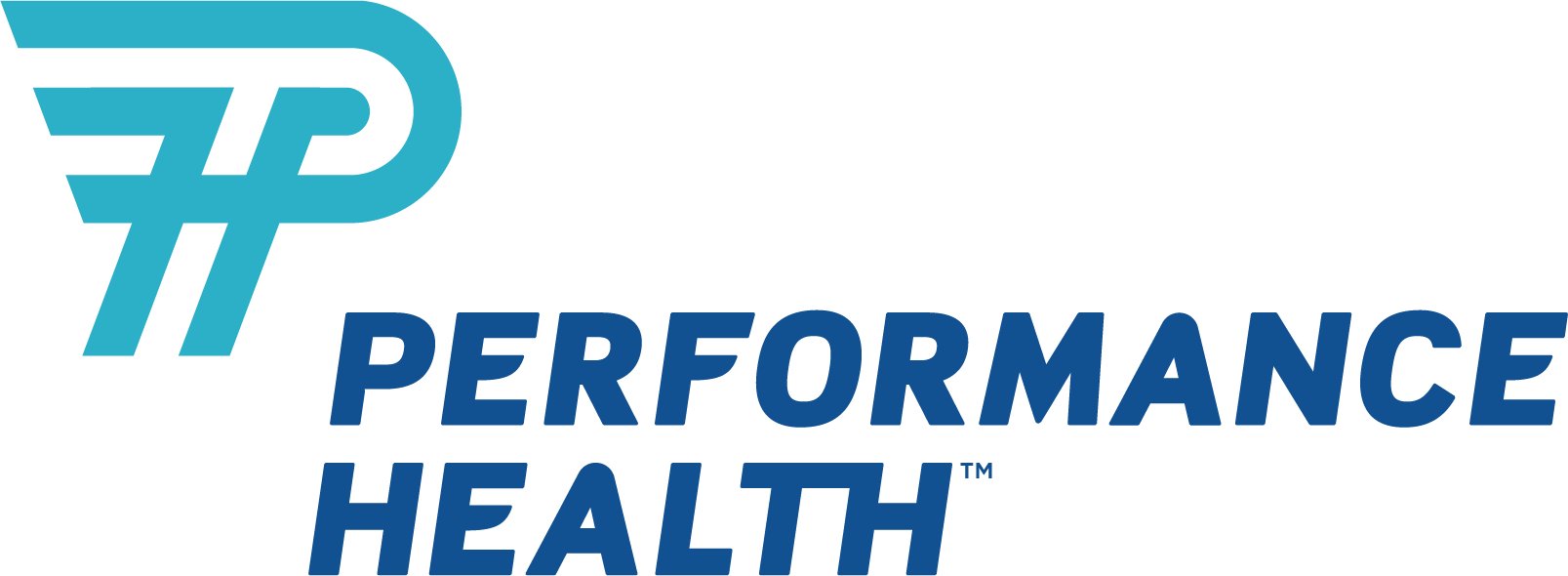






 France
France Australia
Australia